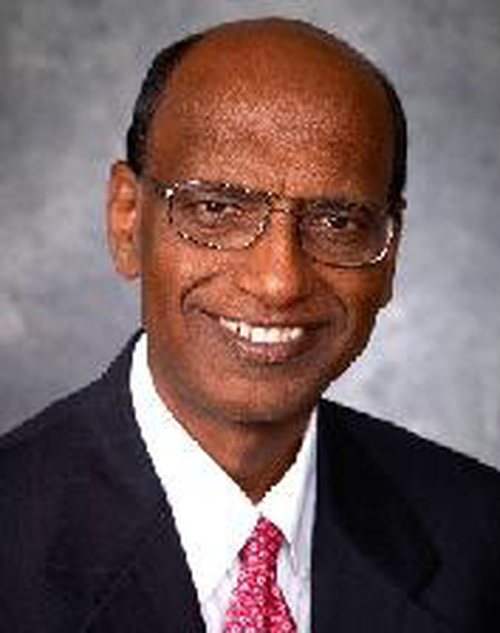Contact Name: Prof. Antonio Morandi
Contact Phone: +39 051 20 93508
About the speaker
Kaushik Rajashekara received his PhD (1984) degree in Electrical Engineering from Indian Institute of Science. In 1989, he joined Delphi division of General Motors Corporation in Indianapolis, IN, USA as a staff project engineer. In Delphi and General Motors, he held various lead technical and managerial positions, and was the chief scientist for developing electric machines, controllers, and power electronics systems for electric, hybrid, and fuel cell vehicle systems. In 2006, he joined Rolls-Royce Corporation as a Chief Technologist for More Electric Aircraft architectures and power conversion/control technologies for gas turbines in aero, marine, defense, and energy applications. Since August 2012, he is a Distinguished Professor and Endowed Chair in Erik Jonsson School of Engineering and Computer Science at the University of Texas at Dallas. He also holds honorary Qiushi Chair Professor in Zhejiang University, China.
Prof. Rajashekara has published more than 140 papers in international journals and conferences, and has over 40 patents. He has given more than 100 invited presentations in international conferences and universities. He has co-authored one IEEE Press book on sensorless control of ac motor drives and contributed individual chapters to six published books. Prof. Rajashekara was elected as Member of the U.S. National Academy of Engineering for contributions to electric power conversion systems in transportation. He was also elected as Fellow of the National Academy of Inventors. He is the recepient of the IEEE Richard Harold Kaufmann award for outstanding contributions to the advancement of electrical systems in transportation; IEEE Industry Applications Society Outstanding Achievement Award, and IEEE IAS Gerald Kliman award (2006) for contributions to the advancement of power conversion technologies through innovations and their applications to industry. He is a Fellow of IEEE and a Fellow of SAE International.
Abstract
Increased need for power density and close integration of power subsystems associated with superconductive motors/generators, degaussing coils, energy storage modules and cables leads one to consider the merits of refrigerating the power electronics down to cryogenic temperatures. High-temperature superconducting components combined with cryogenic power converters resulting in high power density power conversion systems will have a significant effect on several industrial, commercial, transportation, and renewable energy applications. Cryogenic power converter modules provide other promising benefits over their room temperature counterparts in terms of reduced size and weight (increased power density); improved efficiency, switching speed, and reliability. Such integration could result in significant weight and space savings for the overall system. In this presentation, the following topics will be discussed: Introduction to power converters, Cryogenic cooling of power devices and power converters and their behavior, Cryocoolers, and applications of cryogenic power electronics. A review of the status of research in this area will also be presented.
